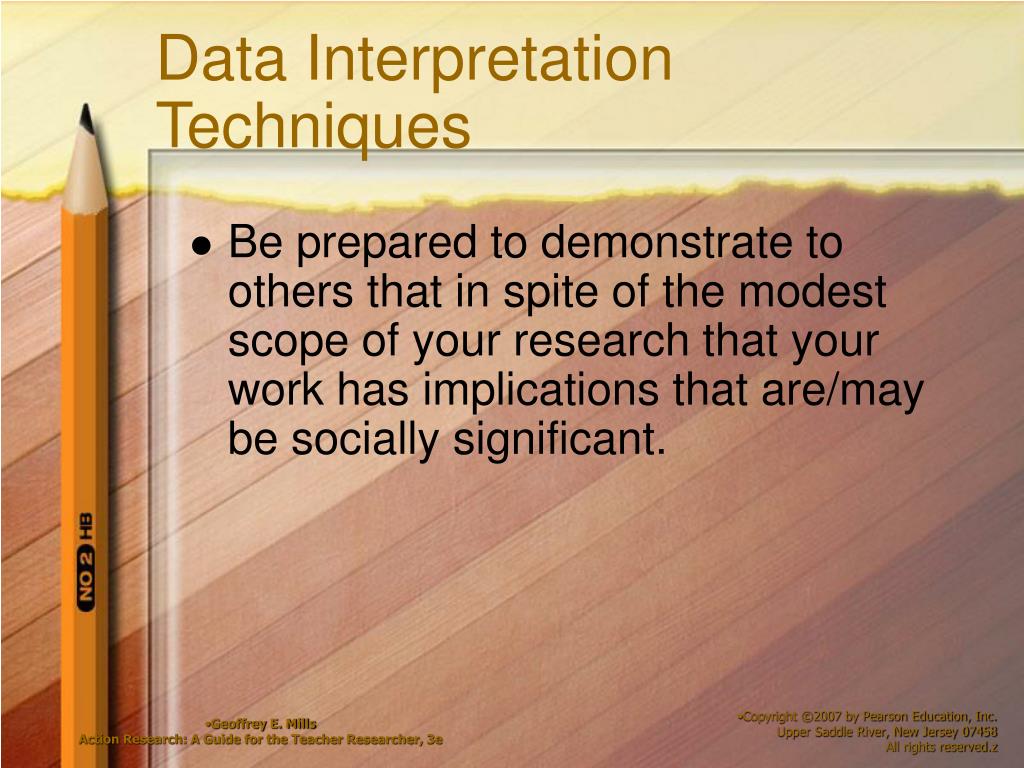


- Hyperresearch modify text position manual#
- Hyperresearch modify text position software#
- Hyperresearch modify text position code#
My second task is to illustrate how a good research design can provide a step-wise procedure, offer systematic validation checks, keep the code system slim and many analytic options open.
Hyperresearch modify text position software#
Software not only streamlines metaphor tagging itself, it systematizes the interpretive work from grouping text items into systematic/conceptual metaphor sets, via data surveys and checks, to quantitative comparisons and a cohesion-based analysis. My first task is to pinpoint typical tasks and demonstrate how they are optimally dealt with by using qualitative annotation software like ATLAS.ti. Qualitatively oriented scholars have to make difficult decisions revolving around the general research design, the transfer of linguistic theory into method, good workflow management, and the aimed at scope of analysis.
Hyperresearch modify text position manual#
a context-sensitive manual coding of a text corpus) is concerned. Despite a welcome recent swing towards methodological reflexivity, a detailed explication of the pros and cons of different procedures is still in order as far as qualitative research (i.e. This article presents a software-based methodology for studying metaphor in discourse, mainly within the framework of Conceptual Metaphor Theory (CMT). This article concludes with some discussion of the extent to which QDAS users appear to have leveraged the potential of these programs to support new approaches to research. Although QDAS can support multiple phases of the research process, the study found the vast majority of researchers are using it for data management and analysis, with fewer using it for data collection/creation or to visually display their methods and findings. Researchers used QDAS to support a variety of research designs and most commonly used the programs to support analyses of data gathered through interviews, focus groups, documents, field notes, and open-ended survey questions. The study found that the number of articles reporting QDAS is increasing each year, and that the majority of studies using ATLAS.ti™ and NVivo™ were published in health sciences journals by authors from the United Kingdom, United States, Neth-erlands, Canada, and Australia. This article reports the results of a content analysis of 763 empirical articles, published in the Scopus database between 19, which explored how researchers use the ATLAS.ti™ and NVivo™ QDAS programs.* The analysis specifically investigated who is using these tools (in terms of subject discipline and author country of origin), and how they are being used to support research (in terms of type of data, type of study, and phase of the research process that QDAS were used to support). Qualitative data analysis software (QDAS) programs are well-established research tools, but little is known about how researchers use them. This experience is used to test the claims made at the level of the individual researcher by the competing positions. The project drawn on in this paper concerned the attitudes, values and practices of academics towards curriculum change in a single higher education institution and used a code-and-retrieve software package called HyperResearch as one of its analytical strategies. The proponents of these contrasting models have so far presented little empirical evidence to support their claims. I refer to this as the repertoire-enhancement model. The alternative viewpoint suggests that the development of CAQDAS is only one of a number of options for qualitative data analysis but one which offers unique advantages. The effect of this is to create homogeneity in analytical approaches which is detrimental in a number of ways. One, the convergence model, suggests that CAQDAS contains inherent characteristics which drive data analysis approaches in a consistent direction.

This paper uses evidence from a research project to test the competing propositions and conclusions of two viewpoints on the impact of computer aided qualitative data analysis (CAQDAS).


 0 kommentar(er)
0 kommentar(er)
